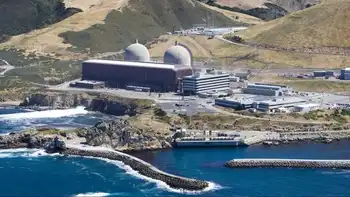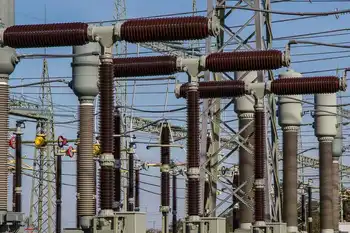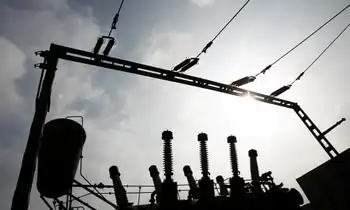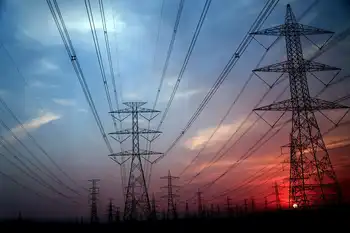Harper pledges $6.2 billion for Lower Churchill
By Toronto Star
CSA Z463 Electrical Maintenance -
Our customized live online or in‑person group training can be delivered to your staff at your location.

- Live Online
- 6 hours Instructor-led
- Group Training Available
At a campaign rally, Harper pledged a “loan guarantee or equivalent financial support” for the Lower Churchill hydro development.
“This is an unprecedented opportunity, a real game-changer for the entire region to move to clean energy,” Harper told a rally, prompting a sustained ovation from about 350 supporters.
Harper moved to deflect criticism in Quebec that Ottawa should not use QuebecersÂ’ tax dollars to subsidize a hydro project that would be in direct competition with that provinceÂ’s hydroelectric giant.
He vowed to also aid other clean energy infrastructure projects “including in Quebec” that have national or regional significance, are economically and financially feasible, and “significantly” reduce carbon emissions.
Still, the announcement was clearly targeted at offsetting expected seat losses in Quebec with gains in Newfoundland where the party was shut out in 2008 under then-premier Danny Williams.
Kathy Dunderdale, Williams successor as premier, said it could be enough to help turn Tory fortunes in the province. It was well-received in Nova Scotia, too.
But Harper’s main rival in Quebec, Bloc Québécois Leader Gilles Duceppe, denounced it as “a slap in the face to Quebec.”
However, at least one major Quebec company already stands to benefit from the project. SNC-Lavalin won the engineering, procurement and construction management contract for the projectÂ’s first phase.
Critics say it is not economically viable, evidenced by the fact it requires such huge public subsidies.
The mega-project will transmit power generated in Labrador via two sub-sea transmission cables, first to Newfoundland, across the island, and then across the Gulf of St. Lawrence to Nova Scotia for distribution to lucrative North American markets.
Some suggest Harper has made a “political calculation, not an economic” one.
“I think this ‘green’ stuff is a total fig leaf,” said economist Brian Lee Crowley of the Macdonald-Laurier Institute, an Ottawa-based think-tank.
Crowley said there are other cost-efficient clean energy alternatives, with natural shale gas projects coming on-stream and prices dropping.
“This is the Tories signaling to Newfoundland that they will help them in the decades-long battle to the death with Quebec over control of hydro resources in Labrador.... It’s about using Newfoundland nationalism in order to get back in the good graces of the Newfoundland voter.”
QuebecÂ’s hydro utility reaps huge profits from cheap power it transmits from the Upper Churchill project in Labrador under a 1969 contract that did not foresee the ensuing generationsÂ’ oil crises and skyrocketing electricity prices.
Negotiations to allow NewfoundlandÂ’s hydro utility to wheel Lower Churchill electricity over the Quebec power lines have consistently ended in failure.
Conservative officials said a federal contribution would likely take the form of a $4.2 billion loan guarantee. It would allow the province to borrow money at lower rates, given OttawaÂ’s superior credit rating. Tax dollars would not be at risk unless the proponents of the project defaulted on the loan.
In Montreal, NDP Leader Jack Layton said he’s behind the idea of support for the Lower Churchill River project and “projects that can help reduce greenhouse gas emissions.”
But Layton said there needs to be “clear criteria” for such investments. “It shouldn’t be just political.”











